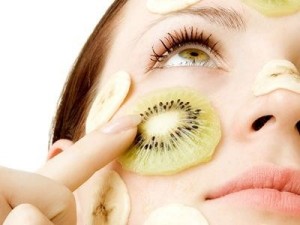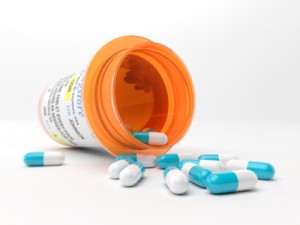 In this blog, we emphasize the importance of watching what you ingest in order to manage acne, which is not to reduce the importance of the other things that affect the condition of your skin; primarily sleep, exercise and your cleansing routine. Acne is a complicated infection because it requires treatment through many different methods, not just one. The best advice that modern medical science has to give about acne is that a person needs to be aware of how their lifestyle affects their skin and be prepared to make adjustments.
In this blog, we emphasize the importance of watching what you ingest in order to manage acne, which is not to reduce the importance of the other things that affect the condition of your skin; primarily sleep, exercise and your cleansing routine. Acne is a complicated infection because it requires treatment through many different methods, not just one. The best advice that modern medical science has to give about acne is that a person needs to be aware of how their lifestyle affects their skin and be prepared to make adjustments.
Your sleep schedule is an important contributing factor to the health of your skin. We all know that foregoing sleep can create dark circles under the eyes and make skin look older. Less commonly known is that foregoing sleep can lead to break outs. The body does a considerable amount of healing during sleep, and this includes balancing the system’s chemicals. Without the right amount of sleep in regular increments, the body’s chemistry can become unbalanced. Hormone production can become irregular. Oil glands can become over or under productive. Mood swings may occur. All of these things can contribute to acne. For the best skin possible, get eight hours of sleep every night at the same time every night.
Exercise is also a contributing factor to your skin’s health, particularly because it is a kickstart to the metabolism. Exercise cleanses all bodily systems with fresh blood and oxygen. It causes the body to sweat out toxins and to burn fat. A slowed metabolism, toxins and excessive fat storage can contribute to bad skin, so it is important that you maintain a daily exercise schedule, even if it is brief, in order to keep your circulation high and to purge the body of acne causing elements.
And lastly, topical skin care will always play a part in the condition of your skin. Everyone’s perfect cleansing balance is different. Some people require more exfoliation, while others require less. Some people have sensitive skin and need a light cleanser while others need to use products that are deeply penetrating. Some people require a heavy moisturizer while others are naturally very oily and need less. The most important thing to remember for your topical routine is that your skin builds a relationship with it, so be observant and conduct some trial and error.
However, if your skin was permanently altered by acne scars or other traumas, doing all of these things to care for your skin will not restore it. Instead, you may want to consider plastic surgery, laser therapy or a number of other permanent remedies that can restore your skin’s healthy look. Plastic surgery in the Okanagan is available, or in any other region of Canada. Reach out for help with your skin today!
Visit PLASTIC-SURGERY-RESOURCE.COM for More Information
https://www.youtube.com/watch?v=cJtBCHhqylg
